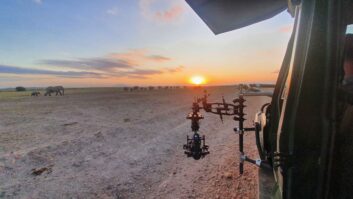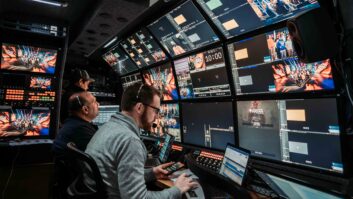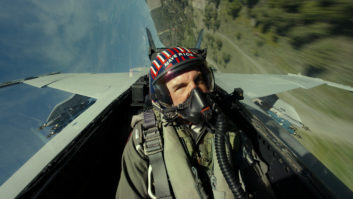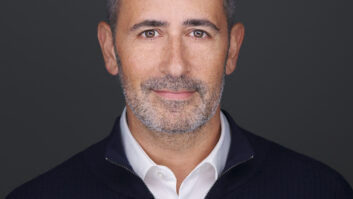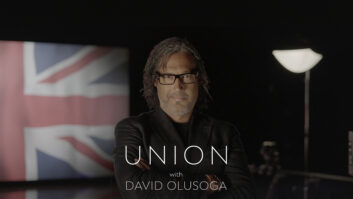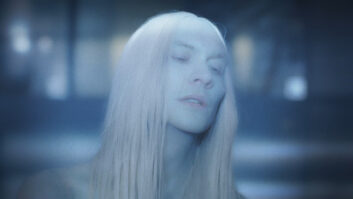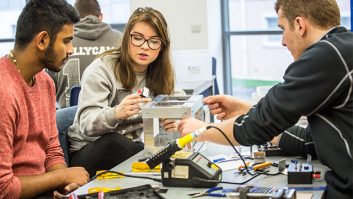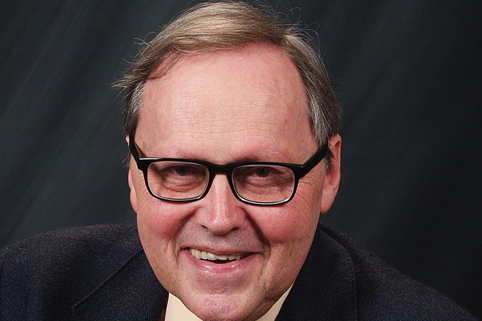
Dr David Wood, former deputy technical director of the EBU, takes a trip down memory lane with TVBEurope, ahead of his Lifetime Achievement honour at the inaugural TVBAwards this month, in recognition of his outstanding career in the broadcast industry.
Describe your early career
I joined the BBC as a ‘graduate trainee’ in 1968. I started work at BBC research department – Kingswood Warren – the home of deep thoughts and gentile sports. I am not sure I contributed much.
After five years at the BBC in 1973, I joined the IBA (Independent Broadcasting Authority). The boss at Crawley was the great Howard Steele, his name sounded like a rock star. He was an inspiring leader, young and full of energy and ideas.
Soon after I joined, I was asked to work with the IBA team developing Teletext. Teletext emerged as a media that lasted for decades. It’s still running in some parts of the world.
In 1980 I joined the European Broadcasting Union Technical Centre in Brussels.
In 1989 the EBU moved its Technical Centre (and me) to Geneva, Switzerland. Over the next 25 years, MPEG made its mark, the DVB Project started; the EU collaborative projects started, World Broadcasting Unions became more active, and well, there’s lots more that could said.
What in your view are the major milestones of this industry’s progression from the days of analogue and ’traditional’ broadcast, to today’s digital realm?
The world media industry has played ‘musical chairs’ geographically over the decades.
One of the shifts has been the move of the development of new hardware video and audio systems from Europe and the US to Japan, Korea, and China. At the same time, the greater part of the research and development for new video systems has moved eastward too.
What have you enjoyed the most about your career?
Being part of the ‘drivers cab’ in the three stages of digital television standards must come near the top.
Being in at the beginning of the DVB project in 1993 was another high point. When we started, we thought it would be a three year project, but it was so successful, and still continues actively over 20 years’ later, with over 1 billion DVB-based sets out there now.
It was a delight to chair the Prix Europe New Media Jury for ten years, interacting with creative young people – better than cosmetic surgery, it took years off me.
As chair of the EU Collaborative Projects Concertation Group, I could see that Europe overflows with great engineers and great ideas for advancing technology – we just have to harvest and manage them.
What is your perspective of the industry of today, and where do you feel we are headed in terms of technological progression?
The rise of technical quality is inexorable, and eventually all displays from large screen sets to tablets will be 2160p. 2320p will take more time but we can be certain that it will happen. Maybe it will be followed by an object wave 3D TV system.
Systems will be increasingly realised in software, a land where an ‘open source’ approach, rather than formal standardisation, may be king.
What message would you have for those in this industry who are tasked with preserving its longevity for generations to come?
Every organisation, particularly broadcasters, needs to have a plan of where they want to be in five and ten years time – but a plan that is constantly under review. We all need to have our hand on the shoulder of something and someone in front.
Each organisation should have to have some kind of ‘unit for the future’, where your best people look ahead from a sort of the ‘engine drivers cab’. You need people looking forward for trends and tendencies.
If you do those things, you’re on your way.

